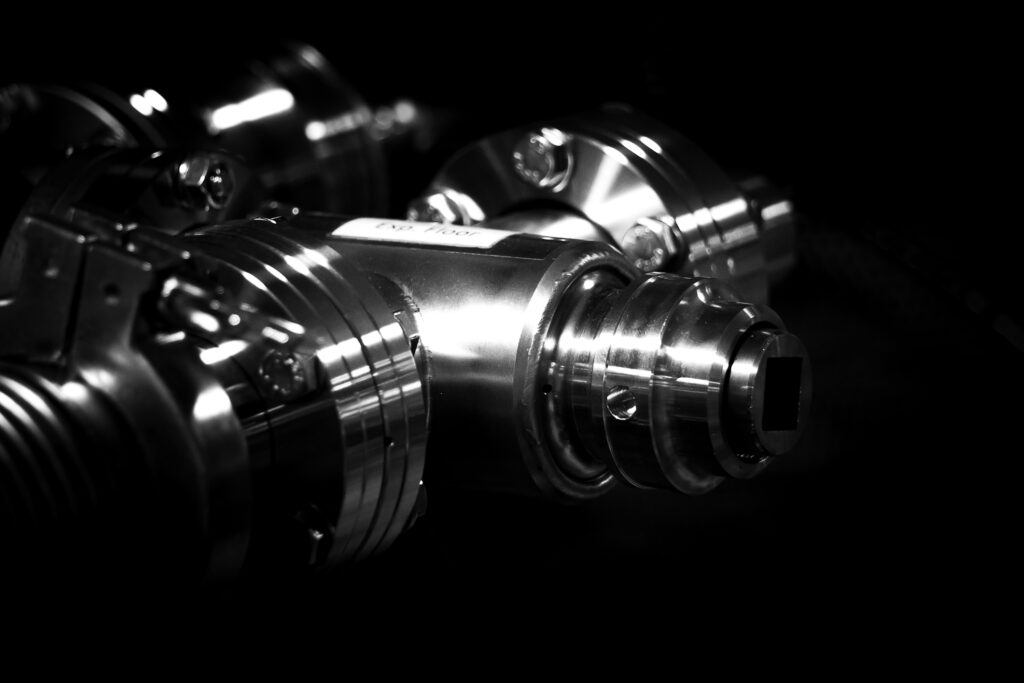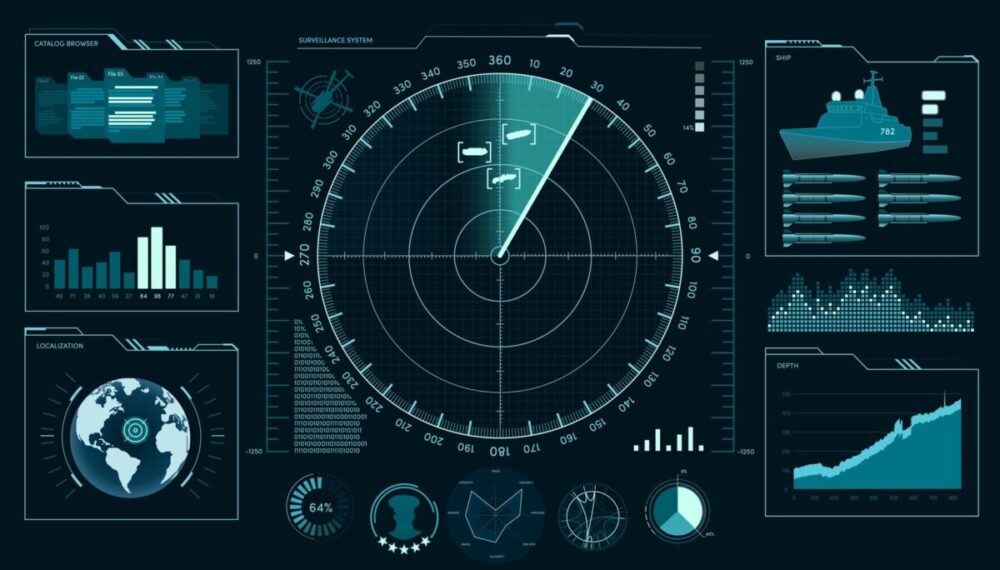Radar technology has come a long way from the days of yore when Heinrich Hertz made new believers in the existence of radio waves. Thanks to the stuff of legends like radio wave technology and material science, his believers can smile in satisfaction knowing their new faith wasn’t misplaced.
Radar technology can thank one ally for its continued growth: evolving engineering developments and, with it, Traveling Wave Tubes (TWTs). They are the wizards behind the curtain, amplifying those faint whispers of radio signals into full-blown conversations. They take the “barely there” and turn it into “loud and clear.”
What Are Traveling Wave Tubes
TWTs focus an electron beam through a series of magnetic fields, which amplifies radio frequency (RF) energy. And what’s the purpose? They take the incredibly weak ones and boost them into something powerful enough to travel long distances, which can translate to improved accuracy and increased coverage. Click here to learn more about the world of TWTs.
What Are The Latest Breakthroughs In Traveling Wave Tube Technology
Science never stops; it continuously evolves, and TWTs are no exception. Their focus? To make them better: faster, stronger, and more cost-effective. Discover the latest innovations propelling TWTs to new heights below:
1. Materials Science Advancements
Thermionic Cathode Technology (TCT)? Already tried. AlN (Aluminum Nitride)? Also on the menu. But these are just a few. If there’s a stone to turn, rest assured that pros in the field of materials science are turning them to find the sweet spot for TWT performance.
The goal? To birth tubes that can take more heat than an enthusiastic flame juggler and still work higher power levels.
2. Nanomaterials Exploration
Scientists are continuously experimenting with different incredibly tiny materials to enhance the performance of their TWTs. The purpose? To create TWTs that are more reliable while still being efficient.
3. Miniaturization Of TWTs
What moves from many feet down to centimeters and millimeters? Correct, miniaturized TWTs. Why? Because the world needs some things to be smaller, and TWTs are one of them.
Why (again)? Because a smaller TWT means more compact radar systems, which can benefit smaller platforms, such as unmanned aerial vehicles (UAVs) and small satellites.
With such advancements, TWTs are set to become more accessible and reliable, expanding their applications while bolstering the capabilities of radar, communications, and electronic warfare systems further.
What Are The Implications For Future Radar Applications
Due to the evolution of radar technology, especially ever since it let TWTs into the room, one can expect good things. The two places where these predictions are likely to come true? Aviation and military warcraft.
1. Aviation
Here’s what’s in the air.
Improved Weather Prediction
Flight delays can be incredibly frustrating. Whether you have an important meeting or are coming home for the holidays, having your flight bumped off due to bad weather is inconvenient, not to mention stressful.
TWTs in radar technologies are laying waste to those days. Radar systems that have partnered with TWTs can be more accurate when it comes to predicting weather patterns.
Essentially, with improved prediction capacities, the weather will be less likely to get in your way, which can mean lesser chances of delayed or cancelled flights and a smoother and more seamless travel experience.
Enhanced Safety
Pilots shoulder a tremendous amount of responsibility. After all, the lives of everyone on board are in their hands. But TWTs can help ease the weight on their conscience. How? Improved radar capabilities.
By merging TWT technology with air traffic control radar systems, carriers can gain a significant advantage in detecting and tracking aircraft, helping mitigate the risks of accidents, and preventing collisions.
2. Military Use
What does TWT in radar tech do for the men and women in uniform?
Target Acquisition
Imagine what would happen when a literal bad guy misses ‘justice’ coming his way? The damage to the operation and probably to the world. Enter TWTs, bringing enhanced resolution to radar technology. What does this mean exactly? No more now-you-see-me-now-you-don’t with bad guys. You get them once, and once is enough.
Surveillance
It’s inherently human to find out what your neighbor is up to. But surveillance in warfare is way above the village gossip meter. Here, having a clear view, preferably in HD, is the sweet spot. And TWT-enhanced radar system is that eye in the wall that captures everything: whispers, movements, and all.
But beyond detecting threats through improved surveillance, military personnel can also benefit from TWT-enabled radar systems through increased situational awareness, providing them with real-time information to aid in their strategies.
Strategic Advantage
TWTs can boost military operations by giving them the power to see further and clearer than a day. Picture this: no more escaping enemies or sneaky threats. This gives the men in uniform an edge while giving guys on the other side of the fence a bad day in office.
As you can see, TWTs in radar technology hold a lot of promise- from air traffic control and aviation safety to military and defense applications.
What Are The Challenges And Opportunities In Implementing Traveling Wave Tubes

Source: analogictips.com
Expense And Production Cost
While this tech changes the game, it doesn’t come cheap. That’s why the manufacturing process isn’t for the faint of heart (and pocket). But, researchers are not sleeping on the job. Improving materials? Refining techniques? Of course. The hopeful result? Reduced production costs.
Heat Generation And Management
It gets hot (literally) in the line of work. TWTs pay the price in wear and tear, so, as you’d expect, they don’t live too long. This is where the cooling technology that researchers are continuously working on comes in. How cool is that (ahem)?
In Closing
Looking ahead, the demand for TWTs is expected to rise. And with the continuous research and development of TWT-tech, the future of radar technology appears bright.
As traveling wave tubes get smaller and continue to improve in efficiency, their range of applications is expected to expand. One can only imagine the technological advancement this could bring, and sure, a few challenges, too, to keep things spicy.






















